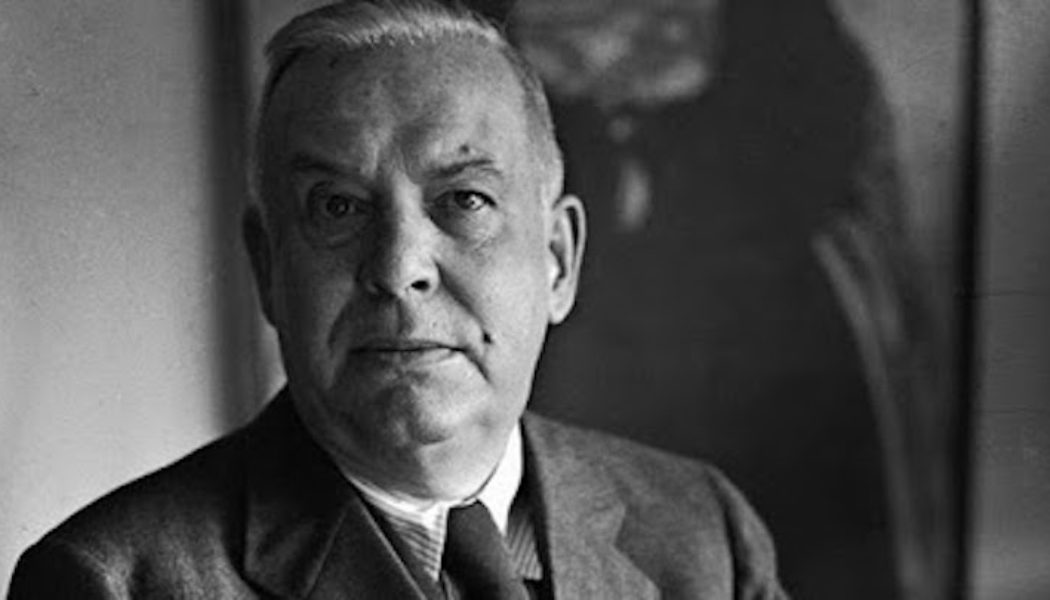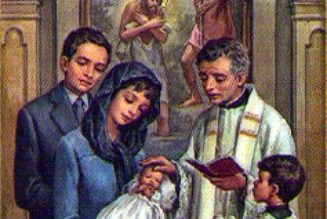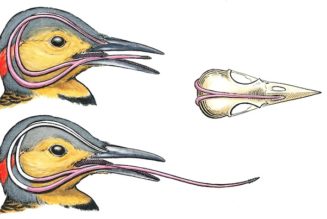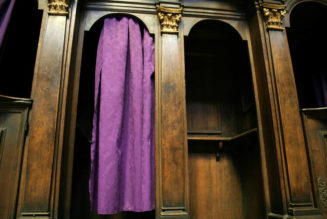As things slow for summer, I’ve been back at writing the sequel to my book A Deeper Vision. That work dealt with the modern Catholic intellectual tradition, mostly outside of America. I’ve already written several hundred pages of the second volume, which will survey American philosophers, theologians, historians, writers, and artists with a Catholic connection. Besides the obvious names, there are famous figures little-known for their Catholicism (often because they were late converts or had lover’s quarrels with the Church): Ernest Hemingway, Tennessee Williams, Gary Cooper, John Wayne, Toni Morrison, Gwendolyn Brooks, etc. I’ve been trying to understand how what I would call a failure of creativity and imagination has hindered the American reception of otherwise strong theological and philosophical arguments, and thereby contributed to our apostasies.
Relevant to all that is the strange conversion story of Wallace Stevens. Stevens was born in Pennsylvania, attended Harvard, became a lawyer, and then an insurance executive in Hartford, Connecticut. He’s probably the greatest American poet of the twentieth century, maybe ever (Pulitzer 1955, when it still meant something.)
I’m from Connecticut, but you don’t have to be in order to appreciate the sheer brilliance of “The River of Rivers in Connecticut”:
There is a great river this side of Stygia
Before one comes to the first black cataracts
And trees that lack the intelligence of trees.
In that river, far this side of Stygia,
The mere flowing of the water is a gayety,
Flashing and flashing in the sun. On its banks,
No shadow walks. The river is fateful,
Like the last one. But there is no ferryman.
He could not bend against its propelling force.
It is not to be seen beneath the appearances
That tell of it. The steeple at Farmington
Stands glistening and Haddam shines and sways.
It is the third commonness with light and air,
A curriculum, a vigor, a local abstraction. . .
Call it, one more, a river, an unnamed flowing,
Space-filled, reflecting the seasons, the folk-lore
Of each of the senses; call it, again and again,
The river that flows nowhere, like a sea.
It’s uncanny how Stevens can take a natural feature – here the Connecticut River – and link it to fresh metaphysical insights.
Stevens remarks elsewhere that poetry makes “The visible a little hard / To see.” In other words, because we take familiar objects for granted, poetry – especially great poetry – not only refreshes the appearances of ordinary things; it can awaken us to mysteries and depths in what only seems ordinary.

Early in his poetic development, that gift – paradoxically – led Stevens away from religion, especially Christianity. The last stanza of his great poem “Sunday Morning” was, for many at the time, an alternative creed, suggesting that poetry could replace religion:
She hears, upon that water without sound,
A voice that cries, “The tomb in Palestine
Is not the porch of spirits lingering.
It is the grave of Jesus, where he lay.”
We live in an old chaos of the sun,
Or old dependency of day and night,
Or island solitude, unsponsored, free,
Of that wide water, inescapable.
Deer walk upon our mountains, and the quail
Whistle about us their spontaneous cries;
Sweet berries ripen in the wilderness;
And, in the isolation of the sky,
At evening, casual flocks of pigeons make
Ambiguous undulations as they sink,
Downward to darkness, on extended wings.
“Casual flocks of pigeons”? No Holy Spirit descending as a dove there. Many viewed Stevens as a standard secularist, though the poetic fireworks didn’t lend themselves to an easy materialism.
Stevens was an odd man. He was offered a professorship at Harvard in 1955, but turned it down so that he could remain an insurance executive. He liked privacy, most of the time; but he also liked to drink, dance, and travel. Which could lead to trouble.
Once at a party in Key West (Read another great poem “The Idea of Order at Key West” here), he was badmouthing Hemingway (himself still mostly Catholic at that point). They took it outside. Hemingway (an amateur boxer) landed a couple of blows on Stevens’ face. Stevens – a much bigger man – landed a punch square on Hemingway’s jaw. It had no effect – on Hemingway – but broke Stevens’ hand. He had to stay out of the office until the face healed to avoid gossip.
This life of an insurance company vice-president, a Yankee conservative politically, privately engaged with his art, continued for decades. No obvious steps toward Catholicism appeared, though Stevens occasionally expressed admiration for Pius X and frequently went to St. Patrick’s Cathedral to meditate when he was in New York. But subtle is the Lord.
When Stevens was being treated for stomach cancer at the St. Francis Hospital in Hartford, he wanted to discuss Catholicism with Fr. Arthur Hanley, the chaplain. The priest remarked later that Stevens already knew quite a bit about the faith, but had questions about Hell and God’s allowing so much evil in the world. Stevens asked for baptism, which Fr. Hanley performed with a nun as witness.
The literary world and Stevens’ own daughter were shocked. They couldn’t believe – and many still deny – that he converted. Nonetheless, the record seems indisputable.
And the poems sometimes move out into a realm where you can see how conversion was not only possible, but probable. For instance, Stevens’ last poem, “Of Mere Being”:
The palm at the end of the mind,
Beyond the last thought, rises
In the bronze distance,
A gold-feathered bird
Sings in the palm, without human meaning,
Without human feeling, a foreign song.
You know then that it is not the reason
That makes us happy or unhappy.
The bird sings. Its feathers shine.
The palm stands on the edge of space.
The wind moves slowly in the branches.
The bird’s fire-fangled feathers dangle down.
No more “casual flocks of pigeons.” The poet had become enchanted by a very different type of bird, whose feathers hang down, like tongues of fire.
*Wallace Stevens [Photo from Bettmann/Getty]
Join Our Telegram Group : Salvation & Prosperity


![The First Afterlife of Pope Benedict XVI [New York Times Paywall]…](https://salvationprosperity.net/wp-content/uploads/2023/01/the-first-afterlife-of-pope-benedict-xvi-new-york-times-paywall-327x219.jpg)





